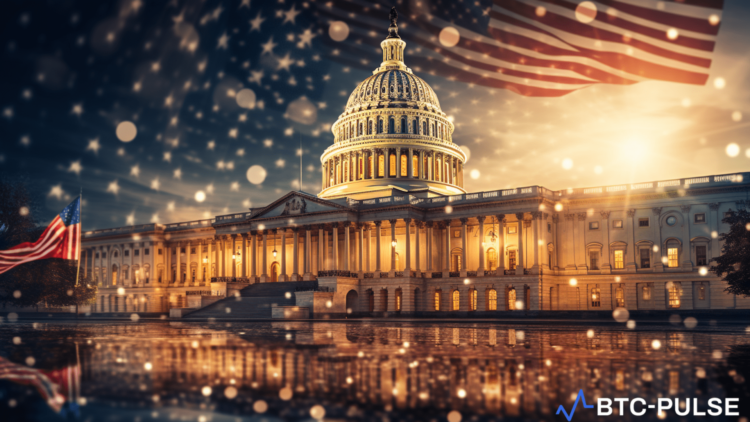House Slated To Vote Today On Controversial Crypto Bulletin SAB 121 Resolution
The U.S. House of Representatives is prepared to make a crucial decision this afternoon regarding the controversial Staff Accounting Bulletin (SAB) 121 issued by the United States Securities and Exchange Commission (SEC). The bulletin, proposed by Representatives Wiley Nickel (D-NC) and Mike Flood (R-NE), has sparked widespread debate within the financial and crypto communities due to its implications for digital asset custodians.
Reps. Wiley Nickel And Mike Flood’s Resolution To Be Voted On Today
The proposed resolution criticizes the them approach and calls for a retraction of SAB 121. Since its implementation in April 2022, SAB 121 has been under intense scrutiny. It mandates that banks list both liabilities and corresponding digital assets on their balance sheets—a measure the SEC claims is designed to protect crypto assets.
Why The SEC’s SAB 121 Is Getting Flack From Congress
During recent congressional testimonies, Representative Flood voiced significant concerns about the them handling of the bulletin’s implementation. Criticisms focus on the SEC’s lack of coordination with Federal banking agencies and other stakeholders in the financial sector.
Banking institutions have also expressed their dissatisfaction with SAB 121, particularly its requirements that deviate from traditional asset custody accounting. This has resulted in reluctance among banks to serve as custodians for newly approved crypto products, like spot Bitcoin ETFs.
Kenneth E. Bentson Jr., president and CEO of the Securities Industry and Financial Markets Association, criticized the bulletin in a statement last February, highlighting its adverse effects on banks’ capital and liquidity ratios.
SEC’s Stance and Future Implications
The SEC, under the chairmanship of Gary Gensler, has faced ongoing criticism for its stringent regulatory measures against the crypto industry, including several lawsuits against digital asset firms. The outcome of today’s vote is pivotal and could signal a significant shift in how digital assets are regulated and managed in the United States.
As the House readies its vote, a parallel resolution led by Senator Cynthia Lummis seeks similar outcomes in the Senate, though it has not yet been brought to a vote. The crypto and financial communities are closely watching these developments, with the potential for significant impacts on digital asset markets and regulatory practices.










